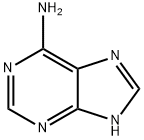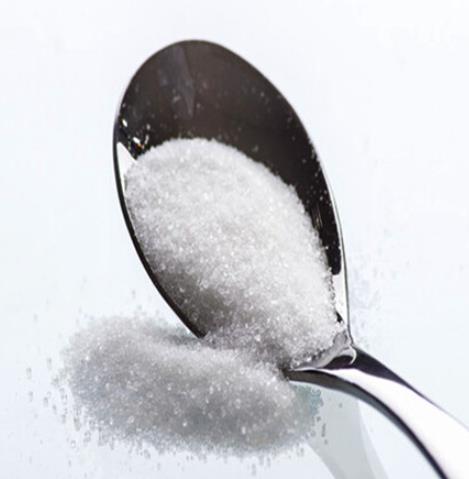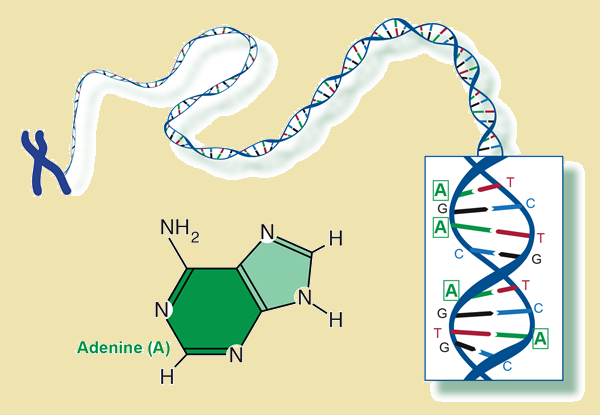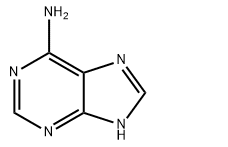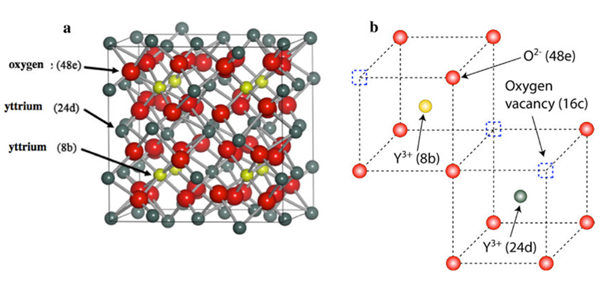What is adenine and its function?
Adenine is a molecule made of carbon, nitrogen, and hydrogen atoms. Its chemical formula is C5H5N5. When a base such as adenine attaches to ribose and phosphate, it forms a nucleotide. Adenine belongs to a nucleotide group called purines. Adenine, one of the four aromatic bases found in DNA and RNA, is poorly soluble in water. Indeed, even low-concentration adenine solutions that look perfectly limpid contain a series of small oligomers. The driving force for the oligomerization of adenine is its aromatic structure, which is rejected by water. In addition to this entropic contribution, the noncovalent interactions between adenine molecules are further stabilized by aromatic π–π stacking, a type of interaction that plays a major role in protein structure.
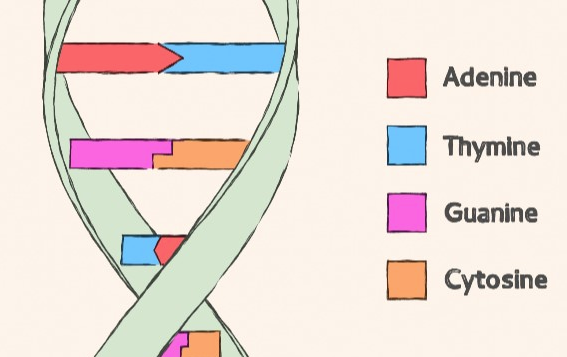
Adenine plays an essential role in replicating all known living systems today and is prominent in many other aspects of biochemistry. Adenine is one of the two purine nucleobases (the other being guanine) used to form nucleic acid nucleotides. In DNA, adenine binds to thymine via two hydrogen bonds to assist in stabilizing the nucleic acid structures. In RNA, which is used for protein synthesis, adenine binds to uracil.
Related articles And Qustion
See also
Lastest Price from Adenine manufacturers

US $0.00/kg2026-01-25
- CAS:
- 73-24-5
- Min. Order:
- 1kg
- Purity:
- 98%
- Supply Ability:
- Customise

US $0.00/kg2025-04-27
- CAS:
- 73-24-5
- Min. Order:
- 1kg
- Purity:
- 98.0%~102.0%; USP42
- Supply Ability:
- 30tons/month
